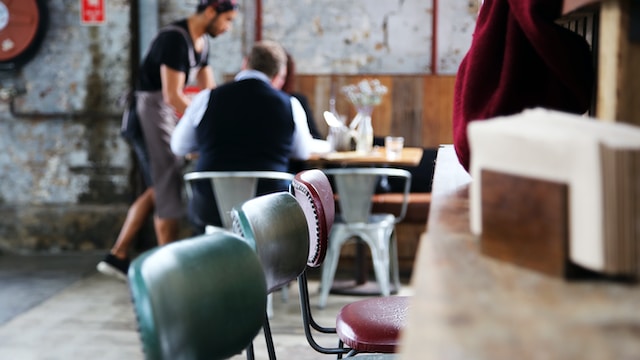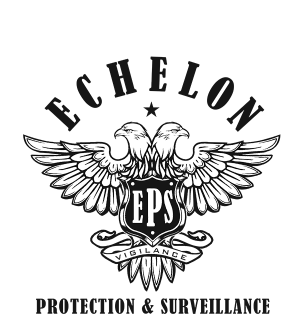 The hospitality industry, encompassing hotels, resorts, and other lodging facilities, is a cornerstone of the global economy. However, this sector faces unique security challenges due to its public accessibility, high guest turnover, and the need to balance security with customer service. Addressing these challenges is crucial for ensuring the safety of guests and staff, as well as for maintaining the reputation of the business.
The hospitality industry, encompassing hotels, resorts, and other lodging facilities, is a cornerstone of the global economy. However, this sector faces unique security challenges due to its public accessibility, high guest turnover, and the need to balance security with customer service. Addressing these challenges is crucial for ensuring the safety of guests and staff, as well as for maintaining the reputation of the business.
Balancing Security with Customer Experience
One of the primary challenges in hospitality security is maintaining a balance between effective security measures and providing a welcoming environment for guests. Excessive security can make guests feel uncomfortable, while insufficient security can leave them vulnerable to various threats. Finding the right balance is key to ensuring both safety and a positive guest experience.
Dealing with Diverse Threats
The hospitality industry faces a wide range of security threats, from theft and vandalism to terrorism and cyber-attacks. Hotels, in particular, are attractive targets for criminals due to the valuable items guests bring and the information stored in hotel systems. The diverse nature of these threats requires a multifaceted approach to security.
Managing High Guest Turnover
Hotels and resorts experience high turnover rates, with guests constantly arriving and departing. This constant flux makes it challenging to monitor who is on the premises and to identify potential security threats. Implementing effective check-in and check-out procedures, along with vigilant monitoring of public areas, is essential.
Protecting Guest Privacy and Data
With the increasing use of digital technology in the hospitality industry, protecting guest privacy and data has become a significant concern. Cybersecurity measures are essential to safeguard sensitive information, such as credit card details and personal data, from cyber threats like hacking and data breaches.
Training Staff for Security Awareness
Staff training is crucial in the hospitality industry. Employees should be trained to recognize and respond to security threats, understand emergency procedures, and provide assistance to guests during security incidents. Regular training ensures that staff are prepared to handle various security situations effectively.
Physical Security Measures
Implementing physical security measures, such as surveillance cameras, secure locks, and access control systems, is vital for deterring and detecting criminal activity. Regular maintenance and updates of these systems ensure they remain effective in protecting guests and property.
Emergency Preparedness and Response
Hotels and resorts must be prepared for emergencies, including natural disasters, fires, and medical crises. Having well-developed emergency response plans, conducting regular drills, and equipping the premises with necessary safety equipment are essential for effective emergency management.
Collaboration with Local Authorities
Collaborating with local law enforcement and emergency services is important for enhancing security in the hospitality industry. This collaboration can provide additional resources and expertise in handling security incidents and emergencies.
Addressing the Unique Challenges of Each Property
Each property in the hospitality industry has unique security challenges based on its location, size, and guest demographics. Tailoring security strategies to address these specific challenges is crucial for effective security management.
Continuous Evaluation and Improvement
The security landscape is constantly evolving, and so should the security strategies in the hospitality industry. Regular security audits, staying updated with the latest security technologies and practices, and gathering feedback from guests and staff are important for continuous improvement.
Conclusion
The hospitality industry faces a complex array of security challenges that require a comprehensive and adaptive approach. Balancing guest experience with effective security measures, addressing diverse threats, and ensuring the safety and privacy of guests are paramount. By continuously evaluating and improving security practices, the hospitality industry can provide a safe and enjoyable experience for all guests.


